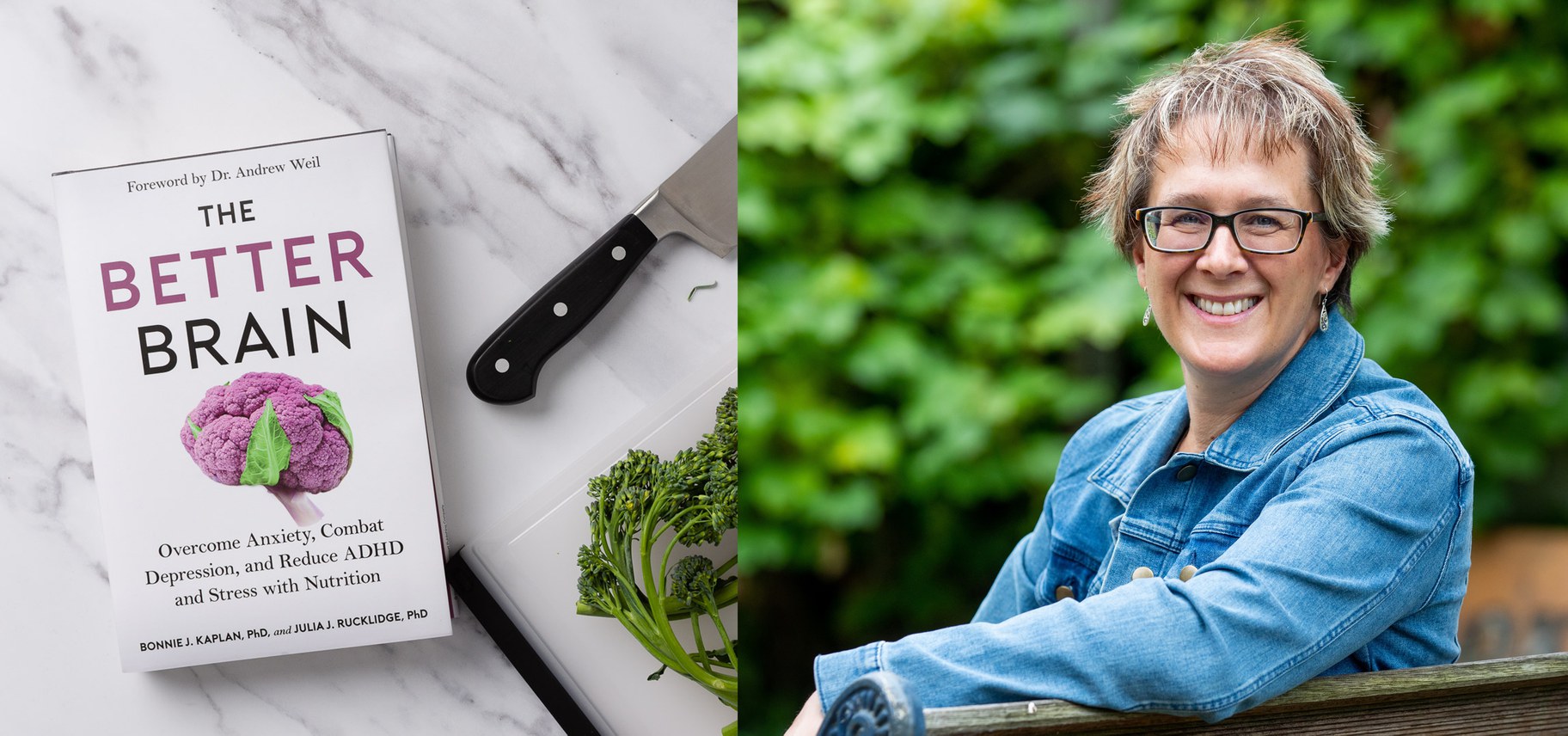When it comes to staying fit and healthy, they’re a few established practices: a good night's sleep, moderate exercise, and healthy food. Poor eating habits – too many junk snacks loaded with sugar and salt, and a diet heavy on processed foods – all can be detrimental to our physical well being.
But a poor diet isn’t just bad for our bodies, it’s bad for our brains. Researchers and studies have shown for some time that poor nutrition can play a role in worsening mood disorders, such as anxiety and depression.
And mental health disorders are on the rise, not just in the U.S., but globally with anxiety and depression leading that trend.
So could poor nutrition be contributing to the epidemic of mental illness? Is a lack of nutrients putting us at greater risk for the development of mental disease?

“The Better Brain: Overcome Anxiety, Combat Depression, and Reduce ADHD and Stress with Nutrition” talks about how a nutrition-rich diet can help treat and fight off some mental health disorders.
Julia Rucklidge, professor of clinical psychology at the University of Canterbury in New Zealand, argues that it’s time to get serious about nutrition and its impact on our mental health.
“If you've got a disorder like ADHD or depression,’ Rucklidge says “then your metabolic needs may be higher, and your need for vitamins and minerals may be higher than the average individual who is healthy.”
Rucklidge is co-author with research psychologist Bonnie Kaplan of “The Better Brain: Overcome Anxiety, Combat Depression, and Reduce ADHD and Stress with Nutrition,” which lays out the case that optimizing nutrition may be the most effective way to avoid and treat mental illness.
“Not only did we see improvements in their ADHD symptoms, we were also hearing about improvements in their mood. They were less volatile, they were less irritable, they were telling us that they’re sleeping better, they were calmer, less anxious,” says Rucklidge. “To hear about those other changes that were happening for them that quick was really remarkable, because I've never really seen that in psychotherapy – and even medications, because we know medications can actually increase irritability in some people rather than improve it.”
